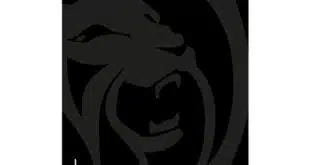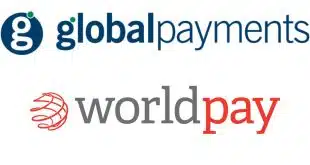Nearly half of consumers are interested in using mobile wallets, and they are not necessarily wedded to wallet products from banks, according to research released on Monday.
Indeed, some 48% of U.S. consumers surveyed online in April said they are interested in mobile wallets. Of these, 80% expressed a preference for a PayPal Inc. wallet, while Google Inc. and Apple Inc. each drew 60% of respondents. PayPal’s wallet is now accepted at 16 physical-world chains. Google’s Google Wallet product, unveiled a year ago, can be used for payments at any store that accepts contactless cards. Apple’s wallet works with its proprietary online App Store and iTunes site, as well as with its brick-and-mortar Apple stores.
The survey of 605 consumers also showed that mobile-wallet users would be interested in banking with the products, as well as making payments and redeeming rewards. Some 80% said they’d be interested in using the PayPal wallet for banking if it included such a function. Seventy-six percent of those interested in mobile wallets said they are using or planning to use mobile banking.
Executives at Charlotte, N.C.-based Carlisle & Gallagher Consulting Group, which ran the survey, warn the results show a surprising strength for non-bank players in mobile payments compared to banks.
The survey revealed a strong consumer interest in using wallets to manage rewards and shopping. Some 65% rated such functions as maximizing loyalty programs as among the most valuable services offered by a wallet. Again, ominously for banks, managing offers and incentives linked to current card programs ranked among consumers’ biggest frustrations.
Meanwhile, some 107 million people in the U.S. owned a smart phone by the end of April, according to the latest figures from comScore Inc., which tracks smart phone ownership. That’s up 6% from January. Google’s Android remains the most popular operating system, with a 50.8% market share, up 2.2 percentage points. Apple’s share for its iOS platform grew 1.9 points, to 31.4%, while Research in Motion (BlackBerry) accounted for 11.6% and Microsoft controlled 4%.
The most popular smart phone maker is Samsung, which claimed a 25.9% share of the handsets, followed by LG (19.2%), Apple (14.4%), Motorola (12.5%), and HTC (6%).
Comscore, which also tracks smart phone usage, said text messaging remains the most popular activity, at 74.1% of users, though this is little changed from January. Just over half of users (50.2%) downloaded apps, up 1.6 percentage points. About one-third played games on their handsets, while just over one-quarter listened to music.
Reston, Va.-based comScore surveys more than 30,000 mobile subscribers in gathering its data.





